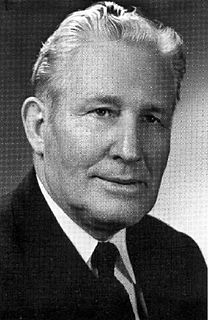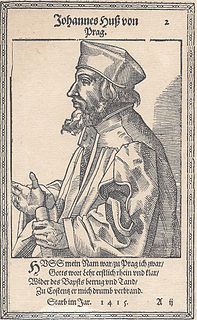A Quote by Aristotle
The attainment of truth is then the function of both the intellectual parts of the soul. Therefore their respective virtues are those dispositions which will best qualify them to attain truth.
Related Quotes
The most ancient parts of truth . . . also once were plastic. They also were called true for human reasons. They also mediated between still earlier truths and what in those days were novel observations. Purely objective truth, truth in whose establishment the function of giving human satisfaction in marrying previous parts of experience with newer parts played no role whatsoever, is nowhere to be found. The reasons why we call things true is the reason why they are true, for to be true means only to perform this marriage-function.
I do indeed disbelieve that we or any other mortal men can attain on a given day to absolutely incorrigible and unimprovable truth about such matters of fact as those with which religions deal. But I reject this dogmatic ideal not out of a perverse delight in intellectual instability. I am no lover of disorder and doubt as such. Rather do I fear to lose truth by this pretension to possess it already wholly.
Seek the truth in all fields, and in that search you will need at least three virtues: courage, zest and modesty. The ancients put that thought in the form of a prayer. They said, “From the cowardice that shrinks from new truth, from the laziness that is content with half truth, from the arrogance that thinks it has all truth – O God of truth, deliver us.
Mercy can purge the soul of sin, making room for a fresh start. Truth is vital in order that we have an unvarying standard by which to determine what we are to be and to do and what we are to rid ourselves of. All the cardinal virtues, therefore, carry their own intrinsic as well as outward reward. A merciful man does do good to his own soul.
The virtue of a faculty is related to the special function which that faculty performs. Now there are three elements in the soul which control action and the attainment of truth: namely, Sensation, Intellect, and Desire. Of these, Sensation never originates action, as is shown by the fact that animals have sensation but are not capable of action.
The best moments on earth are those during which we meditate upon heavenly things in general, when we recognize or defend the truth, that heavenly dweller and denizen. Only then do we truly live. Therefore, the essential interests of the soul require that we should oftener rise above the earth, upwards to heaven, where is our true life, our true country, which shall have no end.
No experiment can be more interesting than that we are now trying, and which we trust will end in establishing the fact, that man may be governed by reason and truth. Our first object should therefore be, to leave open to him all the avenues to truth. The most effectual hitherto found, is the freedom of the press. It is, therefore, the first shut up by those who fear the investigation of their actions.
It's a time when a lot of principle virtues are being tested. Do we still believe in the truth? Do we still believe in empathy? Do we still believe the protection of the weakest among us? These are yes or no questions, but the means of communication is all tied up with those virtues and you can't abandon those virtues as you pursue them.
The need for truth is not constant; no more than is the need for repose. An idea which is a distortion may have a greater intellectual thrust than the truth; it may better serve the needs of the spirit, which vary. The truth is balance, but the opposite of truth, which is unbalance, may not be a lie.
It is not given to man to know the whole Truth. His duty lies in living up to the truth as he sees it, and in doing so, to resort to the purest means, i.e., to non-violence. God alone knows absolute truth. Therefore, I have often said, Truth is God. It follows that man, a finite being, cannot know absolute truth. Nobody in this world possesses absolute truth. This is God's attribute alone. Relative truth is all we know. Therefore, we can only follow the truth as we see it. Such pursuit of truth cannot lead anyone astray.
Teaching, therefore, asks first of all the creation of a space where students and teachers can enter into a fearless communication with each other and allow their respective life experiences to be their primary and most valuable source of growth and maturation. It asks for a mutual trust in which those who teach and those who want to learn can become present to each other, not as opponents, but as those who share in the same struggle and search for the same truth.
Christianity is not a series of truths in the plural, but rather truth spelled with a capital 'T.' Truth about total reality, not just about religious things.
Biblical Christianity is Truth concerning total reality - and the intellectual holding of that total Truth and then living in the light of that Truth.







































